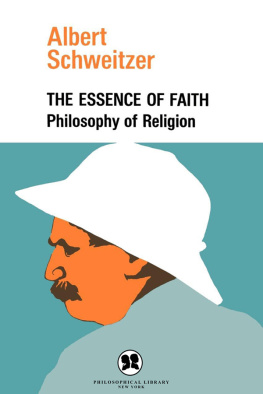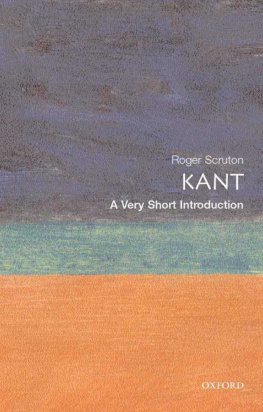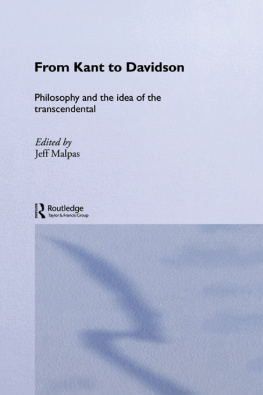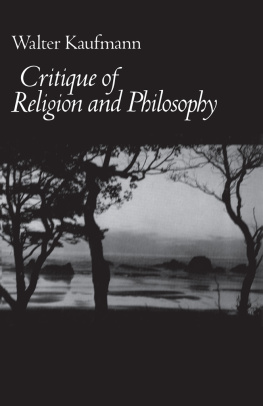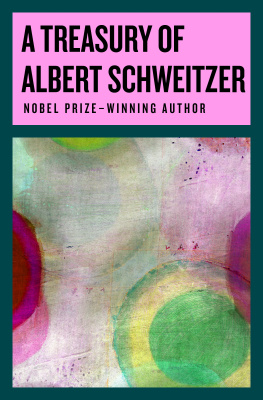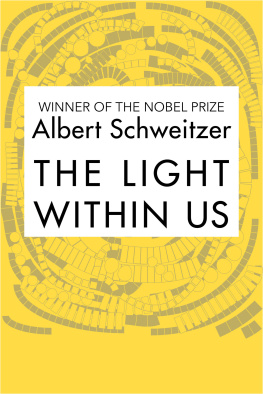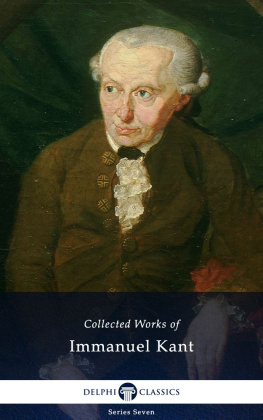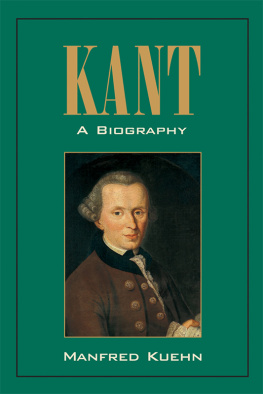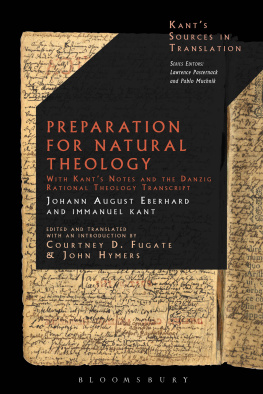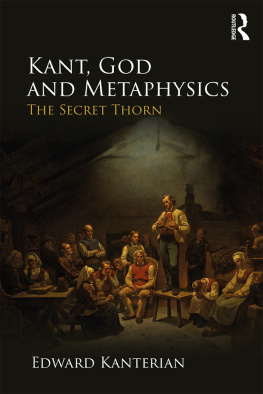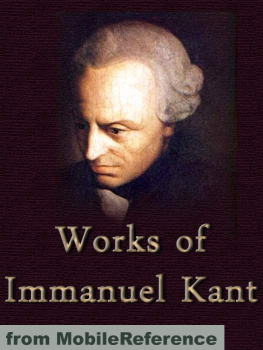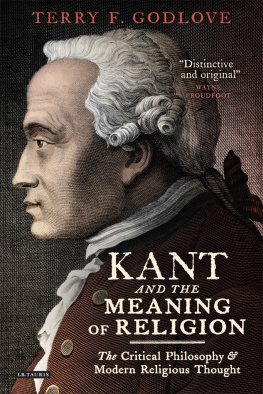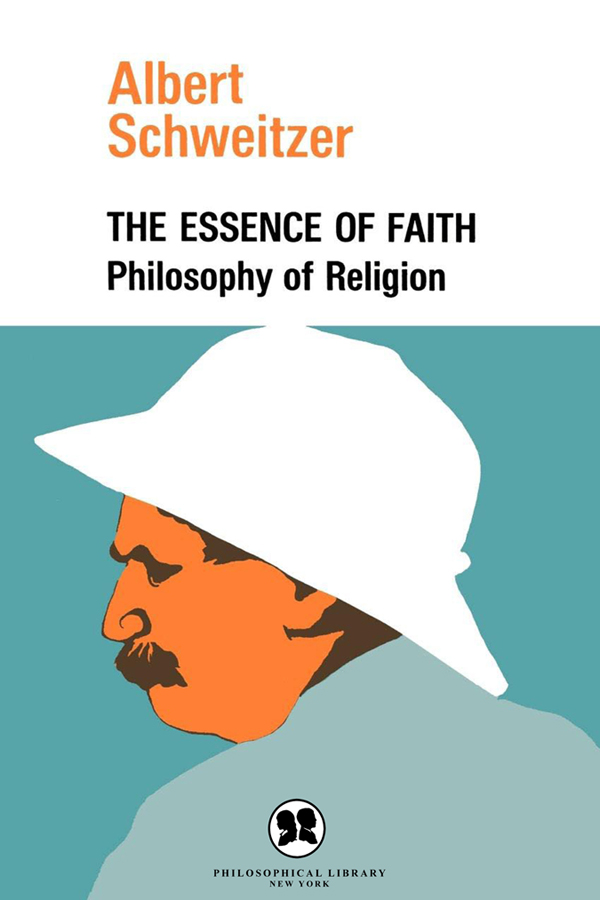The Sketch of a Philosophy of Religion in the Critique of Pure Reason
T HE DESIGNATION of sketch of a philosophy of religion for that section of the Critique of Reason in which moral and religious interests are detectable in Kants thinking is justified by the kind of presentation Kant makes. On pp. 605 ff. of the canon of pure reason there is, indeed, a somewhat sketchy presentation of the thoughts which appear in a purely side-by-side arrangement, without exhibiting the unity of the Critique of Pure Reason. The concept of the postulate, the definition of religion, the comprehensive justification of the autonomy of the moral law, and the related and deeply probing treatment of the problem of freedom have not been attained here. The whole section merely forms the conclusion of the critical investigation concerning the limits of human knowledge; it treats the practical use of pure reason, in distinction from the speculative use. Nevertheless, it is just by virtue of this close connection with the investigations of critical idealism that this sketch of a philosophy of religion becomes valuable for the portrayal of the philosophy of religion in critical idealism.
The section of the Critique of Pure Reason dealing with the philosophy of religion offers, though perhaps only in outlines, the most consistent presentation of Kants philosophy of religion in so far as it is the philosophy of religion of critical idealism. Is it, then, correct to say that the development of the thought in this sketch of a philosophy of religion corresponds to the projected philosophy of religion of critical idealism as announced in the investigations of the Critique of Pure Reason? Is the outline of the sketch of a philosophy of religion identical with the outlines of a philosophy of religion in the transcendental dialectic in so far as the latter intends to lay the groundwork for a sketch of a philosophy of religion?
The practical use of reason leads us into the realm of morals and religion. Critical idealism furnishes the matter for the transcendental hypotheses which demonstrate the possibility of the ideas of reason. Thus, in the interrelationship of transcendental hypotheses with the assumptions of reason for practical purposes, there lies, at the same time, the relation of critical idealism to the philosophy of religion which is based on it. The ideas which are realized in the practical realm are prepared for this task by the instrumentality of critical idealism. They have moved into a sort of position of equilibrium, from which reason, employed practically, then pulls them toward its own realm. This relationship is also expressed in Kants terminology; he speaks, in this connection, of a theoretical (speculative) and a practical use of pure reason, yet does not distinguishas he does later in the Critique of Practical Reason between the two. This terminological distinction is grounded in a difference in thinking.
Very instructive is a footnote in the second edition of the Critique of Pure Reason where Kant connects the psychological, cosmological, and theological ideas with the ideas of God, freedom, and immortality, after developing them in the sequence of their later dialectical treatment: Metaphysics has only three ideas as the true object of its search: God, freedom and immortality, understood so that the second concept in combination with the first should lead to the third as the necessary conclusion. Everything else with which this science occupies itself serves it only as a means to attain these ideas and their reality. It needs them not for the sake of natural science, but in order to transcend nature. Insight into them would make theology, morality, and (by combining the two) religion, and, hence, the highest aims of our existence dependent merely on the speculative faculty of reason, and nothing else. In a systematic presentation of these ideas, the order, as given, would be the most appropriate one, being synthetic. However, in the preliminary treatment which is necessary, the analytical presentation which reverses this order will be more appropriate, so that we may, proceeding from what experience presents us with immediatelythat is, from psychology to cosmology and, hence, to the knowledge of Godrealize our grand design (p. 290). This passage is most important for the problem confronting us.
With the treatment of the problem of freedom we have reached the point where the positive exposition of the sketch of a philosophy of religion begins to clearly stand out from the outlines of our transitional thinking. We have presented the latter up till now in their most general formulation so as to be able to survey the thinking by which the Critique of Pure Reason arrives from its critical labor at those sections which have reference to the practical realization of the three ideas of God, freedom and immortality.
Let us summarize the essential points of the investigation thus far. The keynote of the transitional thoughts comes to the fore in Kants use of language. By the expressions pure reason in theoretical usage and pure reason in practical usage, he is indicating that at this juncture the absolute unity of reason is much more strongly than at any time later the presupposition of his thinking. At the same time, we are given to understand that his thoughts about the philosophy of religion advance here on the presupposition that the ideas which reason realizes in its practical use are absolutely identical with the ideas to which reason in its theoretical employment had been driven as it advanced of necessity from the conditioned to the unconditioned. Overcoming skepticism is the point from which the transitional thoughts we have noted start. With this, we have expressed the basic thought of the sketch of the philosophy of religion in the transcendental dialectic. This now obligates us to clearly expound how, from the number of the ideas treated, the three ideas have developed which are realized later practically, that is, how they specifically attained a practical religious value.
Kant is cautious and reticent when he applies the term idea to the individual subjects treated in the cosmological discussions. On p. 345, he specifically speaks of four cosmological ideas: There are, therefore, not more than four cosmological ideas, according to the four headings of the categories. The linguistic expression regarding the term idea is pursued consistently only for the concept of freedom. (The reasons for and the significance of this fact will occupy us shortly.) Kant remains consistent, however, in his thought heralded by the designation system of cosmological ideas, in that he retains the cosmological ideas in systematic connection in those sections where, from the standpoint of the practical use of reason, interest in the thoughts treated in the cosmological dispute is illuminated. The clearest expression of this systematic connection may be found in those lines which designate the decisive turning point at which the cosmological ideas move into the spotlight of reason in its practical use.
What interest does reason have for the thesis in question in the cosmological dispute? First of all, a certain practical interest which every right-thinking person shares heartily if he looks out for his real advantage. That the world has a beginning, that my thinking self is of a simple and, therefore, indestructible nature, that this self is, at the same time, free in its spontaneous actions and beyond natural necessity, and that, finally, the whole order of things which constitute the world are derived from some original Being from whom everything borrows its unity and purposeful connectionthese are so many foundation stones of morality and religion.

